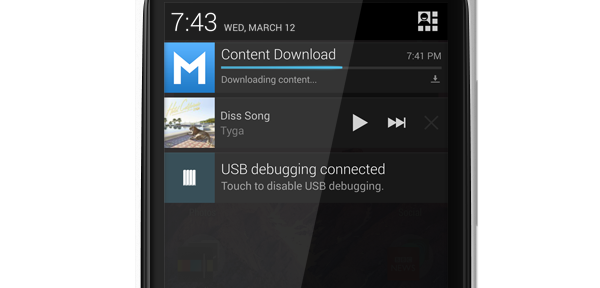Mobile Roadie clients and friends,
We are thrilled to debut our redesigned website today, featuring an all-new list of customized app development tools engineered for a variety of businesses and verticals in mind, ranging from sports teams and conference organizers, to religious organizations and bands.
As part of our website relaunch, we wanted to share two client success stories with you, featuring the world-famous Pacha nightclub in Ibiza and the immensely popular Broadway show, Spider-Man: Turn Off The Dark.
From our first conversation with the Pacha team, we knew our partnership would be something special. As one of the world’s premier nightclub and event brands, this team creates social magic and unforgettable moments for clubgoers. We were thrilled to be a part of it! Pacha finds Mobile Roadie’s geo-fencing capabilities to be the most useful feature of their app. Utilizing their users’ location information they can send targeted notifications about upcoming events, as well as send push notifications to their devoted fans when Pacha organizes parties abroad (like Pacha’s Festival Amsterdam in fall 2015). The Pacha team also mentioned that Mobile Roadie makes it very easy to update their app on-the-fly, which is a “must” since they never know when the perfect party opportunity will pop up.
Since its launch in January 2012, the Spider-Man: Turn Off The Dark app has been downloaded almost 3.2 million times, serving as a testament to just how much this show has captivated Broadway and Spider-Man fans alike. While the app offered users exclusive information, photos, and updates, most importantly it provides the show with an opportunity to bring users the music they love. This in turn drove over $5,600 of music sales from within the app, creating a win-win scenario for both the cast and the fans.
This website redesign is just a small part of many exciting changes we’ll be rolling out in the coming months, including new themes, a wider range of color selections, beautifully updated designs, increased security features and app code optimizations. Keep an eye out for future announcements in the coming weeks and months! Cheers from our team in Los Angeles and happy app-building!

